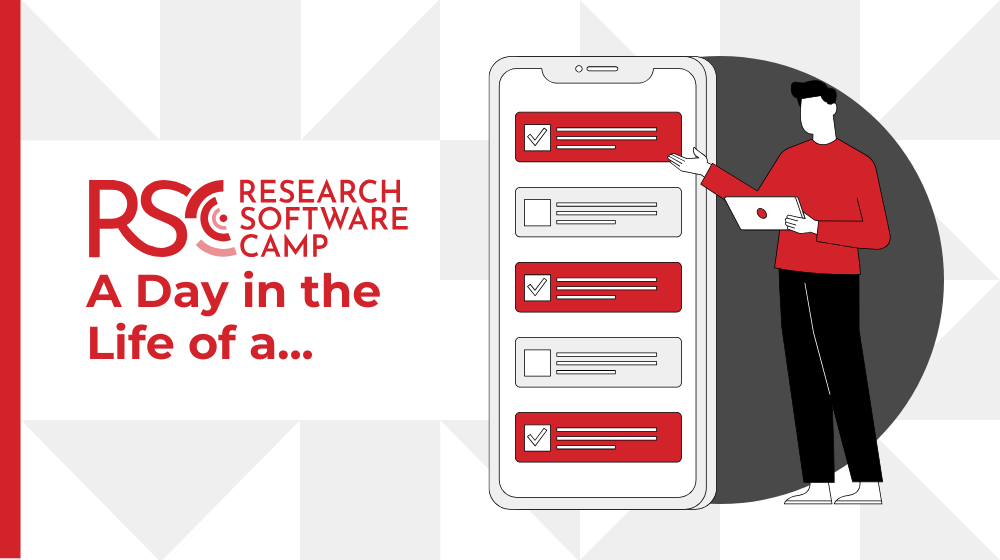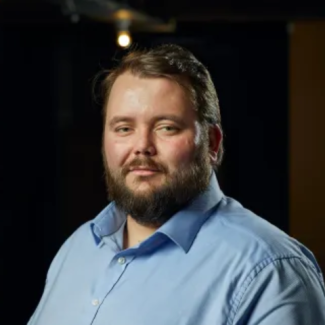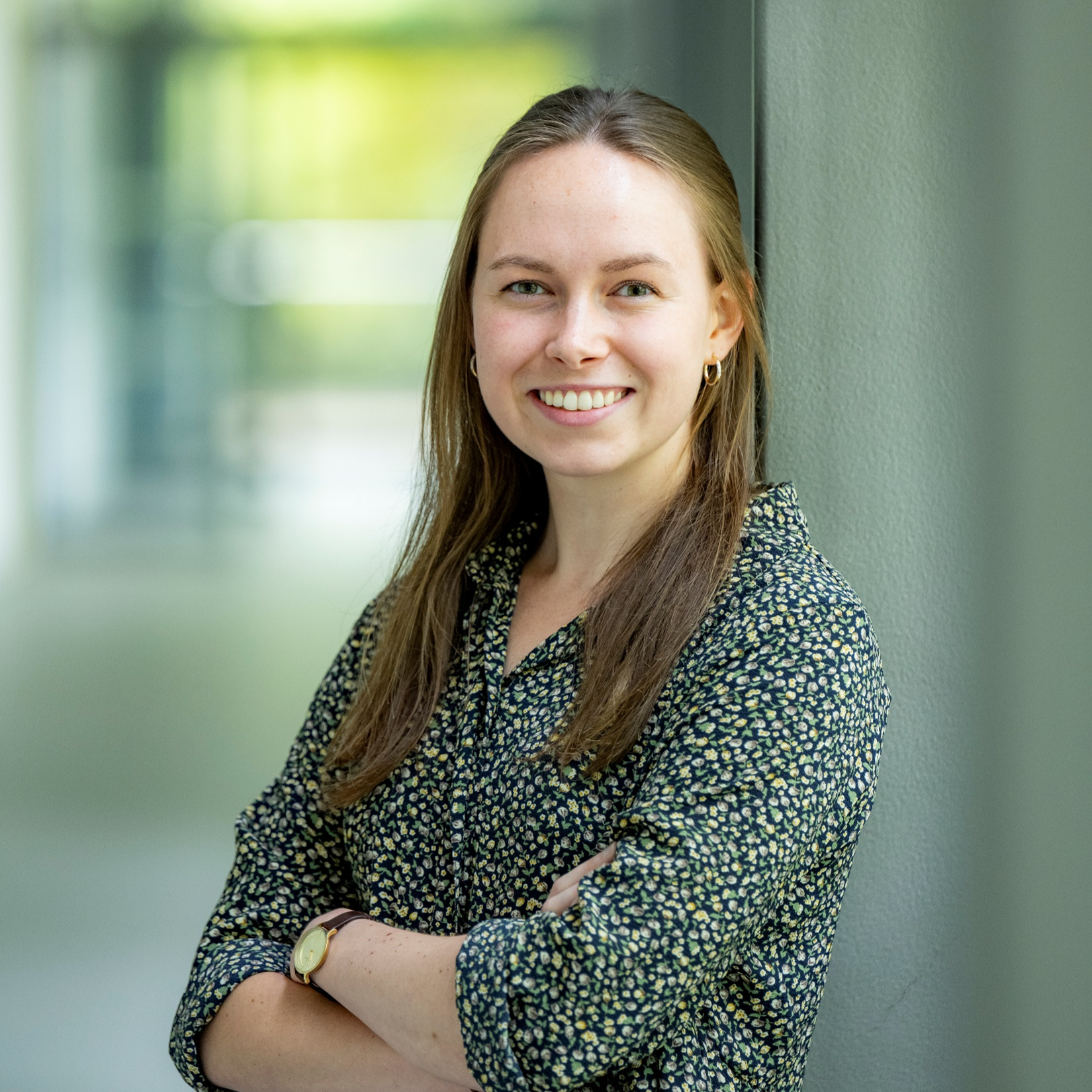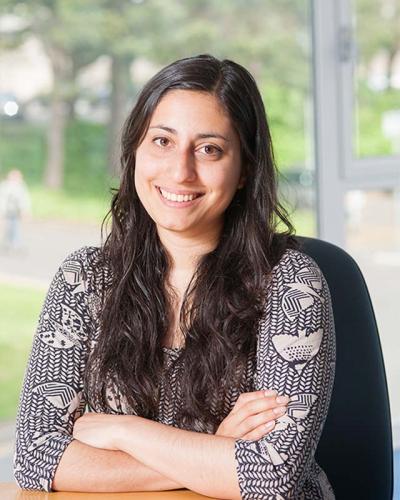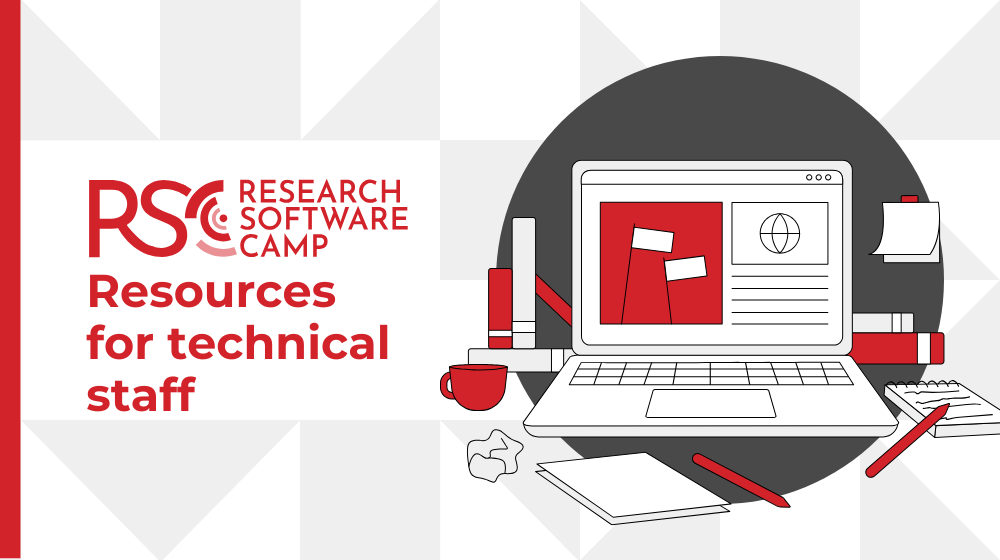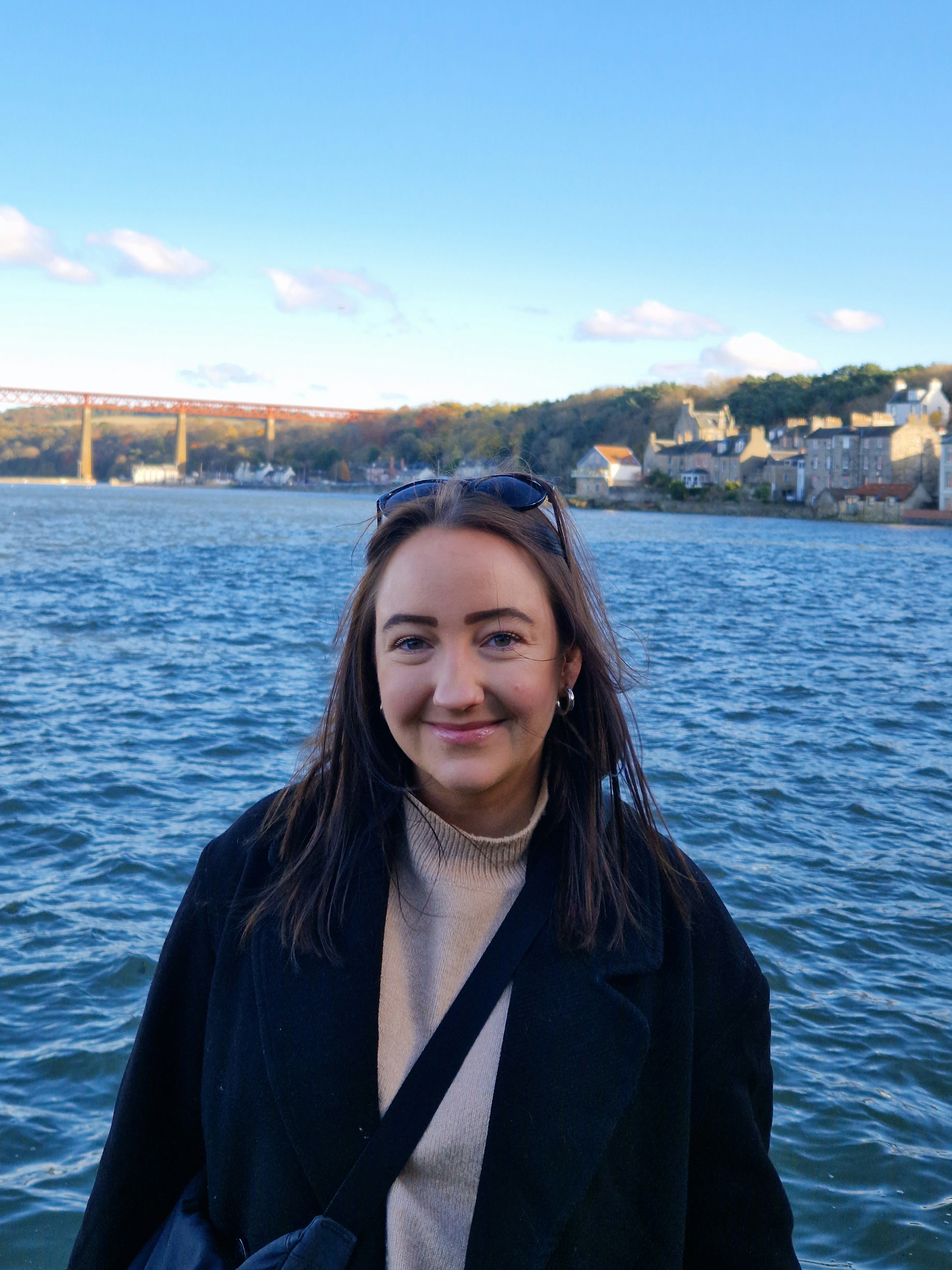As part of the Research Software Camps: Digital Skills for Research Technical Staff, we collaborated with professionals in their field to create a new series titled "A Day in the Life of a...". This series aims to highlight the responsibilities of these roles and provide insight into their daily activities. In this article by James Orton (Specialist Research Technician, National Crystallography Service), we learn more about what a day in the life of a specialist research technician looks like.
How would you describe your role to others?
To those outside of chemistry, I describe myself as a chemical research scientist as such words as crystallographer, porous metal-organic-frameworks and single crystal X-ray (or electron) diffraction probably don’t mean very much, and the name chemist often gets confused with pharmacologist.
The above is often enough, but for those more interested, perhaps the longer form description would be: “I specialise in a technique which uses X-rays (or a beam of electrons) on crystalline materials, to be able to see right down to the atomic level. This is not normally possible as atoms are far too small to be seen using a microscope. This enables us to see what it is made from and learn a great deal about its structure – how it holds together – think Lego bricks of all shapes. This helps us understand its physical properties and gives us pointers on how to make new materials with potentially even more useful properties.”
Talk us through a normal day as a Specialist Research Technician
The NCS has some of the most powerful lab-based single-crystal diffractometers in the world; a typical day, therefore, kicks off with a safety inspection of our facility, ensuring that all our instruments are running smoothly. I’m almost always first in, an early shift day works best for me with my care commitments and long commute. Having the machines properly taken care of is also beneficial to the rest of the team throughout the day.
If all is well (nothing is on fire, leaking or squeaking) and all instruments are busy collecting data, I turn my attention to my own work schedule. A somewhat Sisyphean task, but then I could never complain that I was bored! From project management to chemical synthesis, structure refinement, drafting papers and a myriad of things in between, there is never a dull moment. And meetings. Sadly, there are always more meetings!
With all that is going on, it can be hard to carve out time for extracurriculars, but I am well supported by my director and line manager. If I need to make time for something important, the sea is parted and a way is found!
Lunchtime tends to be a movable feast. Whilst I’m master of my own diary (except for meetings), some tasks are not easy to break mid-flow. It might not be safe (or advantageous) to leave a chemical prep part finished. Instrument time is also very precious. Grappling with a challenging sample might take much longer than expected, but perseverance usually pays off.
I try to take my lunch away from the office whenever possible. It is all too easy to get sucked into answering e-mails or tinkering with some data whilst numbly munching. It is paramount to carve out some quiet time, catch a breath and give the mind a chance to clear before cracking on with the rest of the day. This is the sage advice I was given, which has stuck with me: try to eat your lunch al fresco not “el desko”!
With an early shift day, after lunch is my home stretch. The 2-3 hours of relative quiet certainly helps productivity in some ways (fewer interruptions, often less competition for instrument time etc.). However, this does come at a price: less face time and interaction with the rest of the team (knowledge transfer and working relationships), the need for stronger planning for when lab-work can be carried out safely (lone working is a no-no), and top-notch communication and scheduling of the instruments (to avoid friction and ensure all the team are able to collect their data within deadlines).
As the day draws to an end, it is invaluable to take a few minutes to reflect on what was accomplished and any outstanding plans. It is also useful to take stock of any surprises and reshuffle future tasks accordingly.
The very early mornings are often hectic, doubly so if there is a breakdown or complication to deal with. Having a clear plan in place can rescue a stalled start or pre-build in some good momentum for the next working day.
Lastly before leaving, a quick check on how much traffic to expect, press play on a good audiobook, podcast, or some chill music, then off home for a workout, a nice meal and family time!
What do you enjoy the most about your job?
Mentoring and small-scale tutoring of students is the most rewarding, especially when they are keen to learn. I especially enjoy enabling those lightbulb moments, having the chance to walk alongside them during their journey and being on hand when things inevitably don’t go quite to plan!
Research-wise, solving crystal data is particularly satisfying. Turning raw, cold numbers from a collection into a 3D/explorable model of the sample, might sound like a strange joy to a non-chemist but to us, it’s amazing! To see, with absolute certainty, right down to the molecular level – no other analytical technique comes close. The insight and understanding gained is invaluable for future development. Relating structure and bonding to macro-scale properties, chrematistics and behaviours; inferring design ideas from results into plans for synthesising new materials with potentially even more interesting properties… it's marvellous!
What is the hardest part of your job?
It can be a challenge switching between desk work and time in the lab. It is often difficult to gauge how long a lab task might take, especially if it is a new procedure. It is difficult to get into a flow state when straddling two spheres of work and trying to schedule in other things around such unknowns often leads to frustration, especially when deadlines are looming.
Few are keen on paperwork and bureaucracy, while they are often important and necessary, they are rarely pleasant or welcome. Triaging e-mail inboxes, and writing formal documents, proposals and papers can be time-consuming and draining, especially when you are not a naturally gifted wordsmith.
What are some of your hobbies/extracurricular activities
I am a born again Christian so invest a lot of time into related studies and fellowship with my local church. As well as actively developing my spiritual health, I am also keen on personal fitness and enjoy callisthenics, hiking and orienteering… but not running (I loathe running with a passion, it is as dull as dishwater! This might explain why the faces on so many joggers look depressed?)
I enjoy music, cooking good food, and have been known to play the odd video game. I am also growing my love of books too. This is something I’ve had to be a bit more intentional about. I have a learning difficulty and my reading endurance could be better. Persevering with this has paid many dividends and opened so many great treasures of wisdom and adventure!

